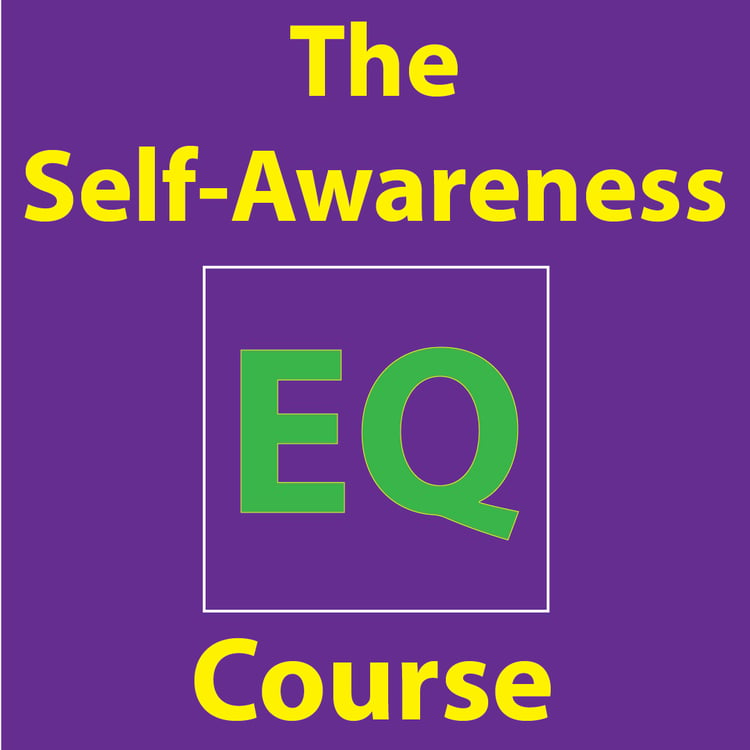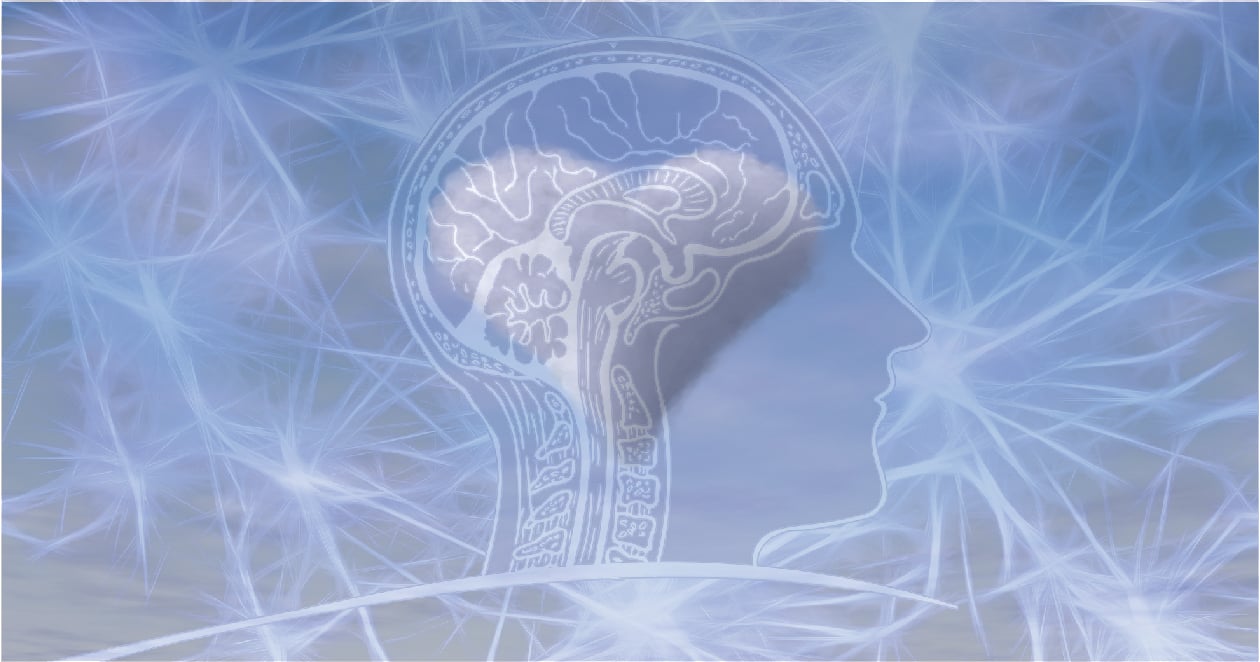In the world of self-improvement, there’s a term that’s been making waves over the past few years: Emotional Intelligence (often abbreviated as EQ). Maybe you've heard it tossed around in conversations or seen it in an article headline. Perhaps it's even popped up in your favourite self-help book. But what exactly is emotional intelligence, and why should you care? Let’s dive in and explore this fascinating concept that’s becoming one of the cornerstones of personal development.
What Is Emotional Intelligence?
At its core, emotional intelligence is about understanding and managing your own emotions, as well as recognizing and influencing the emotions of others. It’s the ability to navigate the emotional landscape of life with skill and grace, rather than being tossed around by the storms of feelings that inevitably arise in everyday situations.
Think of emotional intelligence as your emotional GPS. Just as your regular GPS helps you navigate roads and find the best route to your destination; emotional intelligence helps you navigate the complex world of human interactions and personal challenges. It’s not about suppressing or ignoring your emotions but rather about being aware of them, understanding their impact, and using that awareness to guide your actions and decisions.
Why Emotional Intelligence Matters
Emotional intelligence is one of those skills that can quietly and profoundly change your life. It affects nearly every aspect of your existence, from your personal relationships and career success to your mental health and overall happiness. You see, while traditional intelligence (IQ) might help you solve complex problems or understand abstract concepts, it’s emotional intelligence that helps you handle the messiness of life—the arguments, the disappointments, the joys, and the heartbreaks.
The beauty of emotional intelligence is that it’s not something you’re simply born with—you can develop and improve it over time. Whether you consider yourself emotionally savvy or think you could use some work in this area, there’s always room to grow. And the benefits of doing so are tremendous.
Before we dive into the specific ways emotional intelligence can transform your life (which we’ll cover in more detail in future blog posts), let’s paint a picture of what emotional intelligence looks like in action with a little story.
A Tale of Two Friends
Imagine two friends, Sarah and Jane, who both work in the same office. One day, they both receive an email from their boss that’s critical of a report they recently submitted. The email is blunt and to the point, with no sugar-coating. The subject line alone “Disappointing Report”—is enough to send anyone’s stress levels soaring.
Sarah’s Reaction:
Sarah opens the email and immediately feels a wave of anger and frustration. “How dare my boss criticize me like this?” she thinks. Her heart races, her face flushes, and before she knows it, she’s firing off a heated reply defending her work. She clicks send, satisfied that she’s stood her ground.
But as the day goes on, Sarah’s anger festers. She can’t concentrate on her tasks because she’s too busy replaying the scenario in her head. She shares the story with her coworkers, who offer their sympathies and fuel her indignation. By the end of the day, Sarah is emotionally drained, stressed, and dreading her next interaction with her boss.
Jane’s Reaction:
Now let’s see how Jane handles the same situation. When Jane opens the email, she feels a pang of disappointment and a twinge of defensiveness, just like Sarah. But instead of reacting impulsively, Jane takes a deep breath and pauses. She recognizes that she’s feeling upset, and she knows that if she responds now, she might say something she’ll regret.
Jane decides to step away from her desk for a few minutes. She takes a short walk outside, focusing on her breathing and allowing herself to calm down. As she walks, she reflects on the situation. “Why am I feeling so defensive?” she asks herself. “Is it because I’m afraid of being seen as incompetent? Is there some truth to the feedback that I’m resisting?”
By the time Jane returns to her desk, she’s feeling more cantered. She re-reads the email, this time looking for constructive points rather than focusing on the negative tone. Jane realizes that her boss has actually raised some valid concerns about the report—things she hadn’t noticed before. Instead of firing off a defensive reply, Jane drafts a thoughtful response. She acknowledges the feedback, thanks her boss for pointing out areas for improvement, and suggests a meeting to discuss how she can address the issues.
Jane sends the email and, rather than stewing in negative emotions, she feels a sense of empowerment. She’s taken control of her response, and she’s turning a challenging situation into an opportunity for growth.
The Emotional Intelligence Difference
So, what’s the difference between Sarah and Jane? Emotional intelligence.
Sarah let her emotions take the wheel, leading her to react impulsively and defensively. As a result, she spent her day in a state of emotional turmoil, which likely affected her work and her relationships with colleagues.
Jane, on the other hand, used her emotional intelligence to manage her response. She recognized her emotions, understood why she was feeling them, and took the time to choose a response that aligned with her long-term goals—improving her work and maintaining a positive relationship with her boss.
This simple anecdote illustrates how emotional intelligence can make a significant difference in how we handle life’s challenges. While Sarah was caught up in the heat of the moment, Jane’s emotional intelligence allowed her to navigate the situation with calmness and clarity.
The Wide-Reaching Benefits of Emotional Intelligence
Developing emotional intelligence isn’t just about handling difficult emails with grace—it’s about enhancing every aspect of your life. Here’s a sneak peek at some areas where emotional intelligence can have a powerful impact:
1. Personal Relationships: Better communication, empathy, and conflict resolution can strengthen your relationships with family, friends, and partners.
2. Career Success: Emotional intelligence can lead to better teamwork, leadership, and decision-making, all of which are highly valued in the workplace.
3. Mental Health: Understanding and managing your emotions can reduce stress, anxiety, and depression, leading to greater overall well-being.
4. Self-Confidence: By knowing yourself and your emotional triggers, you can build stronger self-esteem and resilience.
5. Social Interactions: Whether networking or making new friends, emotional intelligence helps you navigate social situations with ease and authenticity.
Each of these benefits will be explored in more detail in future blog posts, where we’ll dive into how you can develop emotional intelligence and apply it to specific areas of your life. For now, know that emotional intelligence is a skill worth cultivating, one that can open doors to a richer, more fulfilling life.
Start the Journey of developing your Emotional Intelligence.

CLICK HERE
Final Thoughts
Emotional intelligence is more than just a buzzword; it’s a crucial skill that can transform how you experience and interact with the world. Whether you’re looking to improve your relationships, advance in your career, or simply understand yourself better, developing your emotional intelligence is a powerful step forward.
As you continue on your journey of personal development, remember that emotional intelligence isn’t about being perfect. It’s about being aware, being intentional, and being compassionate—with yourself and others. Like Jane in our story, you too can learn to navigate life’s challenges with emotional intelligence, turning obstacles into opportunities for growth.
Stay tuned for our upcoming blog posts, where we’ll explore each of the benefits of emotional intelligence in greater detail. In the meantime, start paying attention to your emotions and how they influence your actions. You might just discover that emotional intelligence is the missing piece you’ve been looking for in your self-improvement journey.


